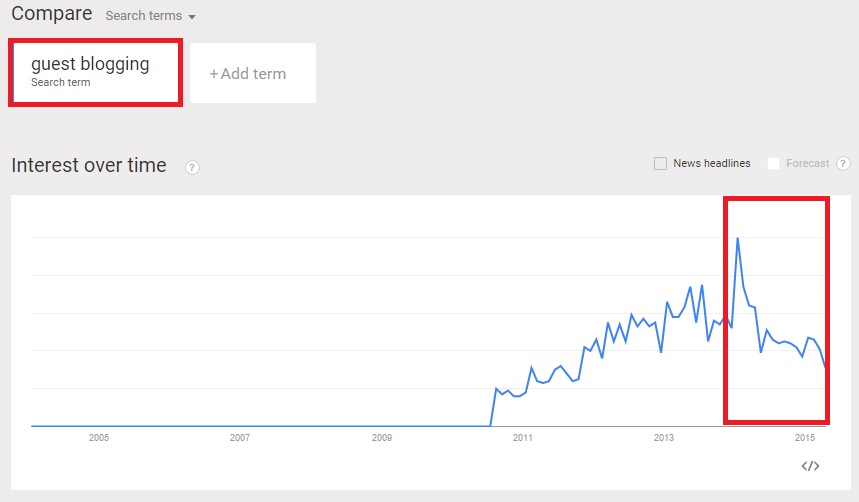Staying Organized When You’re Working Anywhere
With great freedom comes great responsibility. And great risk. When you’re working on your own time, in your own environment, it’s not hard to succumb to your worst propensities towards disorganization and laziness.
It’s not uncommon for freelancers to have multiple employers and projects on their plates—all while working from a home office. With crisscrossing deadlines and obligations to keep track of, learning tricks to staying on top of it all is absolutely critical to completing your tasks, maintaining a reputation of reliability with your employers, and ultimately paying your bills.
Here are a few critical pointers to include in your strategy right from the bat if you’re new to freelancing, or to incorporate into your existing habits if you’re a seasoned freelancer in need of revamping.
Must-haves for Every Freelancer
- Regular daily schedule
- Realistic workload
- Localized note repository
- Prioritized personal time
- Healthy email habits
- Intuitive financial tracking software
- Reliable, go-to gigs
The Breakdown
Regular Daily Schedule & Prioritized Personal Time
If your schedule is up in the air, everything else goes out the window right along with it. Alternatively, by blocking out portions of your day just for work, you’ll have a set schedule to share with your family and loved ones so that they’ll know not to bother you during those predetermined timeframes.
A set schedule also allows you to define the distinction between your work life and your home life, which can get blurred when you’re working from home. It may start to feel like you don’t have a life outside of work at all if you haven’t made it clear with yourself when you’re allowed to live it. Conversely, “work time” can blur into “personal time” and become less productive than a scenario where the lines were boldly drawn.
That being said, make sure that you are also prioritizing your personal time, now that you’ve distinguished it from your work time, so that you don’t burn yourself out.
Realistic Workload
Defining “realistic” for your unique situation is going to take some experience as you get to know your skillsets and turnaround speed. Once you have an understanding of how long it takes you to do certain projects, you can accumulate a realistic amount of projects that won’t overwhelm you or impair your ability to produce quality content. It’s okay to be picky about what you take on, and to say no to work that you simply won’t be able to complete to your satisfaction within the determined timeframe.
Localized Note Repository
This will depend on your preferences. Do you like physical notepads or digital programs like Evernote? Which is going to be the most feasible for you? Which will you be most likely to use consistently? The main point is this: always, always write down your creative ideas for topics and projects, and keep it all in one place.
Healthy Email Habits
While keeping separate folders for all of your contacts and subcategories for your projects is a fantastic idea, remember that organizing your daily influx of emails into these folders is going to take a significant chunk out of your allotted work time. Leave that for after you’ve replied to important emails from your clients and employers. You never want to keep them waiting and it will help to strengthen your reputation of reliability.
Intuitive Tracking Software for Your Finances
As a freelancer, you are your own HR team and Accounts Payable. In order to keep a set daily schedule, you should keep a standing appointment with yourself every week to review your finances. Using a paid bookkeeping service instead of an Excel sheet will provide you with hugely valuable tools and features come tax season.
Reliable, Go-to Gigs
In the course of your experiences as a freelancer, work extra hard to maintain those relationships that you like. Prioritize the projects that promise additional work for the future. Securing those concrete gigs, including—if necessary—a part time job on the side, will provide you with some security in a characteristically insecure profession.
Source
Feloni, Richard. “7 Tips for Freelancers To Stay Organized.” http://www.businessinsider.com/how-freelancers-can-stay-organized-2014-3. (December 12, 2014.)

